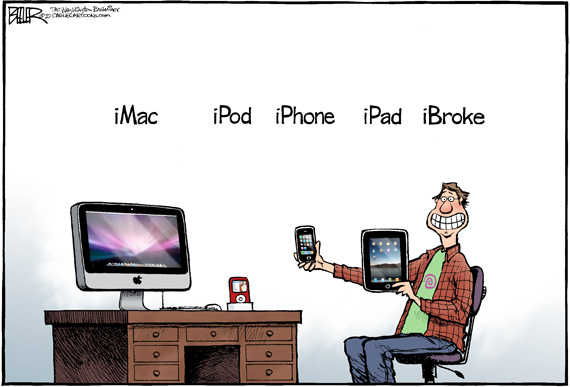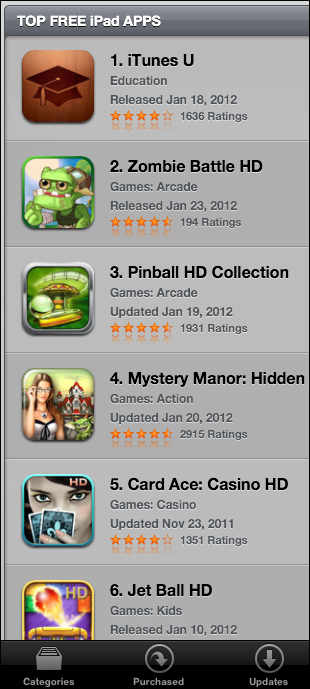“State and federal officials say the settlement could eventually help as many as a million households. Roughly 750,000 borrowers who lost their homes to foreclosure between 2008 and 2011 will get a cash payment of about $2,000.”
Oh, I appreciate there are gory details in this $25 billion settlement, but I don’t give a damn. My money…your money, going to folks who lost their homes to foreclosure? And by the way, before you tell me “the banks are paying”, please rely on one of the classic rules of economics: “He has who has the gold makes the rules.” This ain’t no free lunch for any of us. Costs get (that’s right……everyone raise their hands) passed along to the consumers, which would be you and me, foreclosed upon or not.
Holy crap! These are criminals who continue to pick my pocket, skim off some for themselves, and then redistribute to hard luck cases, while insidiously destroying all of the good faith any of us had in basic right and wrong. This story gets a headline for a couple of days. Then the banks entrench and stretch out their liabilities as far as the eye can see, with no apparent benefit accruing to the average homeowner, and a significant token of mea culpa passed along to a some small group of apparently disenfranchised, needier than their neighbors, down and outers.
 Well, you group of Attorney’s General, banks and the glorified Fed….you can’t pick my pockets any more.
Well, you group of Attorney’s General, banks and the glorified Fed….you can’t pick my pockets any more.


